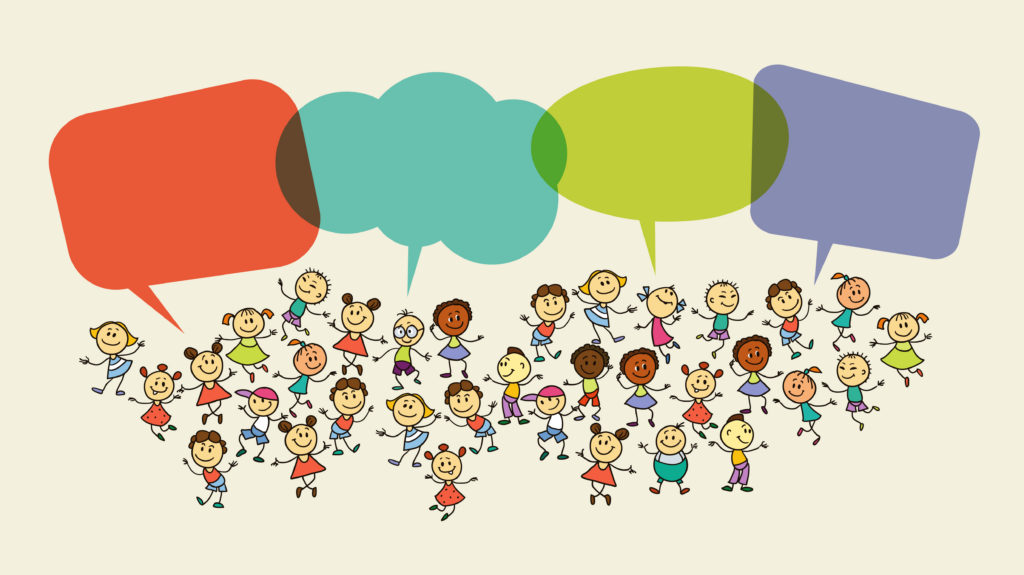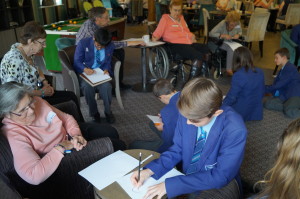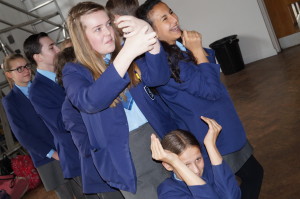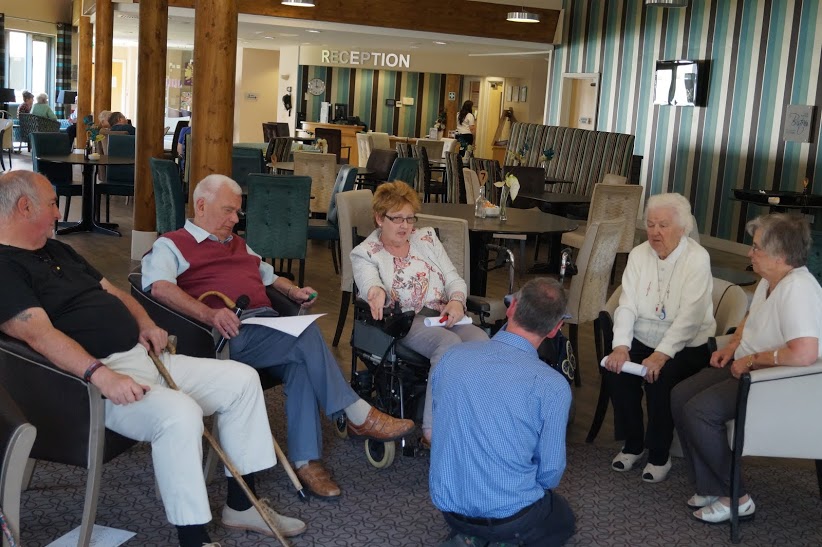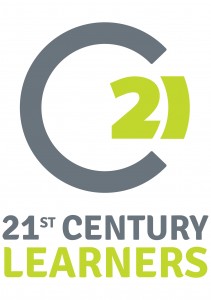
Between Scylla and Charybdis
‘…we need shared social rules to open up a space for thinking between the Scylla of coercion on the one side and the Charybdis of unreflective consensus on the other.‘ Rupert Wegerif
In the previous post I suggested that one way of teaching people to become better thinkers is to teach them how to get better at dialogue. I argued (or rather I paraphrased Rupert Wegerif’s argument) that dialogic thinking skills are learned in dialogues with others and are transferable to different contexts. I have also argued that becoming good at dialogue is a profoundly import educational endpoint in its own right (see this post, for example).
But becoming good at dialogue is harder than it might appear. Research by Neil Mercer, Rupert Wegerif and Lyn Dawes found that group talk in schools is often ineffective. Such ineffective talk can be categorised in two main ways: disputational talk (characterised by individuals egotistically trying to impose their views on others, perhaps to protect an identity defined in terms of their abilities relative to those of others) and cumulative talk (characterised by uncritical agreement in order to maintain group harmony, perhaps to protect an identity defined in terms of belonging to the group). We need to first define and then develop talk that is more dialogic, allowing us to steer a course safely between these two talk-types. Continue Reading »


